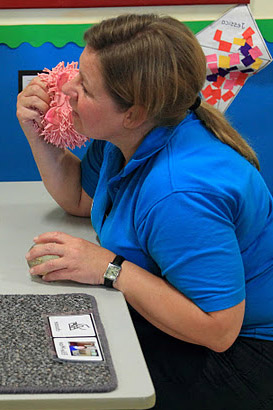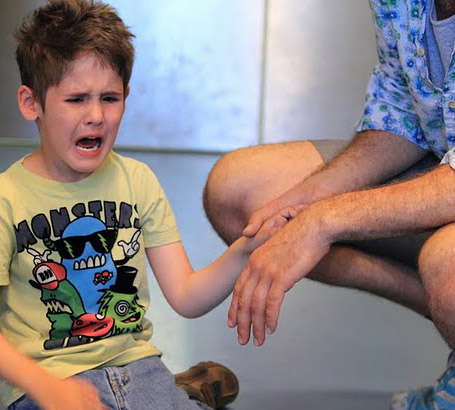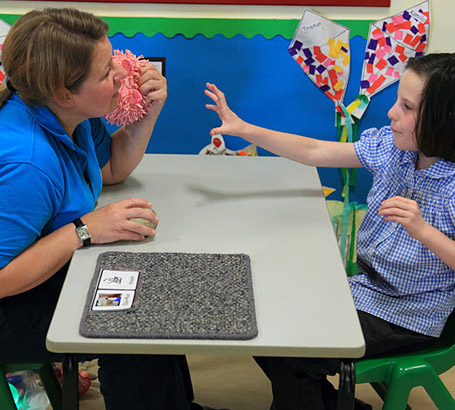
The law imposes a legal duty on teachers and schools to take care of the safety and well-being of pupils in their care. This duty of care arises where a teacher-pupil relationship exists.
Every teacher and school authority has a duty to take reasonable care to ensure that their acts or omissions do not cause reasonably foreseeable injury to their pupils.
In practice this means acting, as any reasonable parent would, in the best interests of the child to:
- Prevent injury to themselves or others, or serious damage to property, and
- Ensure that there is no significant disruption to good order and discipline.

The duty of care is owed to every child, not just those whose behaviour might be viewed as 'ordinary' or 'reasonable'.
Teachers and caregivers working with children with complex needs have to recognise and respond to those needs. The duty of care means making sure that, when you act, you are not putting anyone at risk of harm.

In order to plan to meet the duty of care, you should:
- Assess - identify risks and people likely to be affected.
- Reduce - levels of risk.
- Communicate these findings to others.
Doing nothing is not an option.

A helpful starting point in planning to meet your responsibilities under duty of care is to consider how you will keep pupils safe in following situations, which are a routine part of responding to children's needs but which some pupils may find challenging and which may, as we have seen, trigger unwanted or unacceptable behaviour:
- Imposing rules and insisting on conformity
- Having high expectations
- Ensuring adequate change and transition throughout the day
- Invading personal space, e.g. carrying out basic care routines, such as toileting, and
- Use physical intervention where necessary, e.g. touching, guiding and escorting.

Find out more about:
- Your duty of care
- Risk assessment and management, and
- Other related to issues such as physical intervention and positive handling.
A good place to start is with your school's policy on these matters.